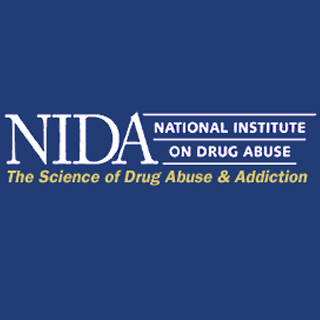
This research exhibits as to how cocaine could impact an epigenetic process, a procedure apparently able to control gene expression devoid of altering a gene’s sequence known as histone methylation. These epigenetic alterations in the brain’s pleasure circuits, which are also apparently the first to be affected by unceasing cocaine exposure, possibly add to an inclination for cocaine.
NIDA Director Dr. Nora D. Volkow, commented, “This fundamental discovery advances our understanding of how cocaine addiction works. Although more research will be required, these findings have identified a key new player in the molecular cascade triggered by repeated cocaine exposure, and thus a potential novel target for the development of addiction medications.â€
One group of young mice apparently received frequent doses of cocaine. A different group was supposedly given recurring dose of saline with a final dose of cocaine to decide how the consequences of chronic cocaine exposure seemed to vary from one-time exposure. The research corroborates that one of the means by which cocaine changes the reward pathway is by suppressing G9A, a histone demethylating enzyme that seems to play a grave function in epigenetic control of gene expression.
As formerly noted, animals exposed to chronic cocaine seemed to exhibit drastic modifications in gene expression in addition to a powerful inclination towards cocaine. Apparently, for the first time, the scientists could exhibit that by experimentally reversing the cocaine provoked oppression of G9a, they could obstruct the alterations in gene expression and slow down the improved liking for cocaine.
The research was published in the Journal Science.
